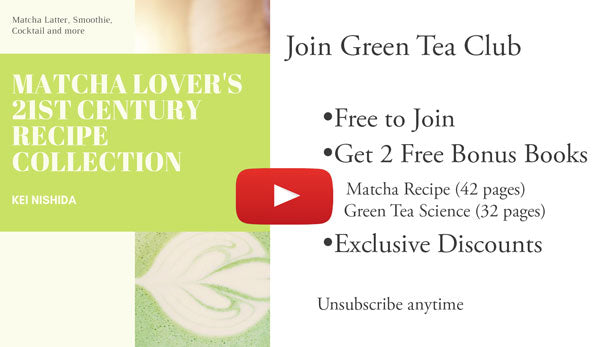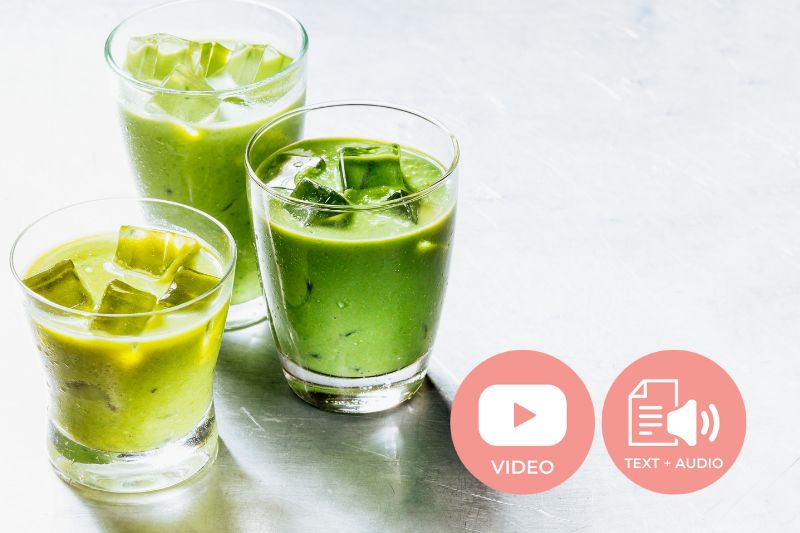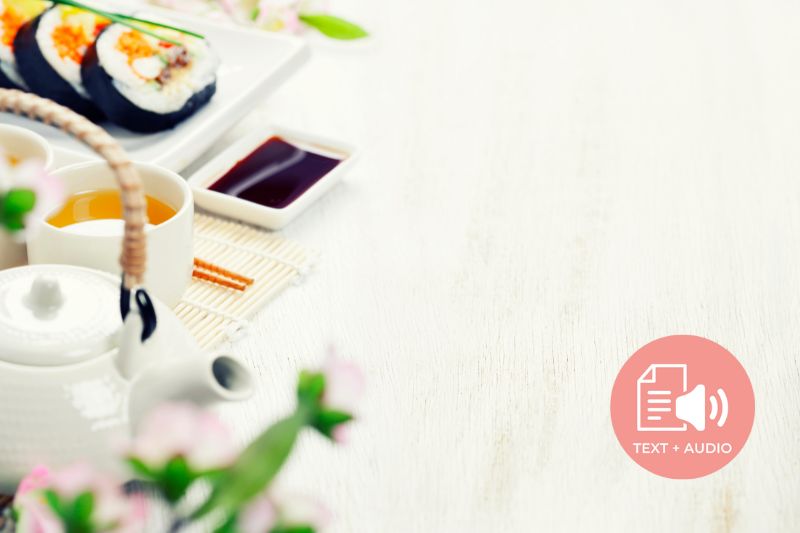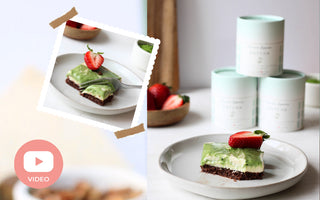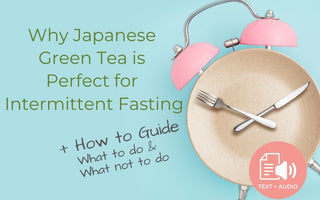Subscribe to Green Tea Podcast:
Is Stevia the Healthy Sugar Alternative for my Tea? - Green Tea Quiz
One of the greatest elements of tea is the sheer variety of its types. While Japanese green tea is incredibly popular in many parts of the world, black tea rules in others. Some enjoy the caffeine-free "teas," such as chamomile tea, while an entirely separate world of matcha recipes appears to have established its own unique culture. Regardless of what you enjoy, flavor likely constitutes some part of your tea experience.
Given this, it is hardly surprising why tea "additives" are so popular. In fact, a quick review online reveals not only the various kinds of sweeteners available for teas but also a unique story of creativity. There are, however, some questions of exploration that are valuable. What sweeteners, for example, are healthy? What is "healthy"? How much is "too much"? While these questions may seem obvious, they may help shape your tea’s flavor profile. Without reviewing all sweeteners, this post will ask select yet important questions related to one of the most popular sweeteners available, stevia.
I have written an article about 10 ways to sweeten your matcha green tea.
What is Stevia?
There are various sweetener options available these days, and this can make it challenging to find the right one. For instance, many people wonder which is the best option when it comes to sucralose vs stevia. So, let’s learn more about Stevia.
When I think of the word "stevia", it comes across more as a brand name than anything else. However, stevia is a general sweetener that comes from the plant Stevia rebaudiana. A perennial, this plant is native to parts of Brazil and Paraguay. The sweetener being discussed comes from the plant's leaves. While it does grow flowers, these are often cut to further improve the leaves’ flavor. Its sweetness is specifically derived from steviol glycosides.

What makes Stevia so unique?
There are a few unique details about steviol glycosides that help define stevia as a particularly unique sweetener. First, steviol glycosides are reportedly 30–320 times sweeter than sucrose. In other words, the stevia you find at your local stores is more than likely sweeter than the sugar stored in your cupboard. Second, much of the food you consume produces a "glycemic response". This response refers to the effect that food has on your blood sugar levels. Glycemic response is not necessarily a bad "thing; in fact, it is common. However, appropriate blood sugar levels can be concerning, and for certain populations, blood sugar levels are an everyday concern. Stevia is unique viz-a-viz sugar in this respect: Stevia does not induce a glycemic response because humans cannot metabolize it. This makes stevia an attractive sweetener option for diabetics, for example.
Stevia also contains fewer calories than sucrose and is considered a zero-calorie sweetener. Lastly, a number of health benefits from stevia may include lower blood pressure, the inclusion of antioxidants, and helping with weight-loss diets. Stevia is also free of side effects.
The perfect sweetener?
The short answer is that there is no perfect sweetener, and stevia is no exception. Like any food or drink, the idea of "balance" with respect to intake is key. The US Food and Drug Administration and its European equivalent, the European Food Safety Authority, have specified that an acceptable daily intake of steviol glycosides is up to 1.8 mg per pound of body weight. For certain populations, such as diabetics, stevia may be a great alternative sweetener. For pregnant mothers, stevia is also an acceptable sweetener as long as the product contains steviol glycosides.

Yes, in 1991, stevia was banned in the US due to various studies that suggested it may be cancer-causing. In 1995, it was approved as a supplement and not a sweetener. Eventually, in 2008, the FDA declared stevia a "generally recognized as safe" sweetener. This classification refers to substances that have been recognized as safe through "expert consensus, scientific review, or widespread use without negative consequences." In fact, various countries, including Japan, Brazil, and China, had been using stevia as a sweetener long before the 2008 FDA declaration. This claim is further buffered beyond the FDA and its European counterpart and includes Food Standards Australia, New Zealand, Health Canada, and the Joint FAO/WHO Expert Committee on Food Additives.
There are stevia products that may contain additional sugars, including xylitol. Some of the sweeteners found in stevia products may be sensitive to certain populations. For some, this may be trial and error; however, it is an important consideration if you have had sensitive experiences with various sweeteners. There are also studies that suggest the regular intake of stevia may in fact increase food intake over time.
All things considered, stevia is considered a greatly refined sweetener, and its popularity, by and large, is hardly surprising. As of 2012, stevia had 36% of the market share for sweeteners. In 2015, the global stevia market was estimated at approximately $337 million USD. Market trends expect sweeteners to continue growing in popularity. Given this and your increased knowledge of stevia, what sweeteners work for you?
This post was first published in 2022, but it was updated in 2023 just for you.
Get Free Bonus Books
